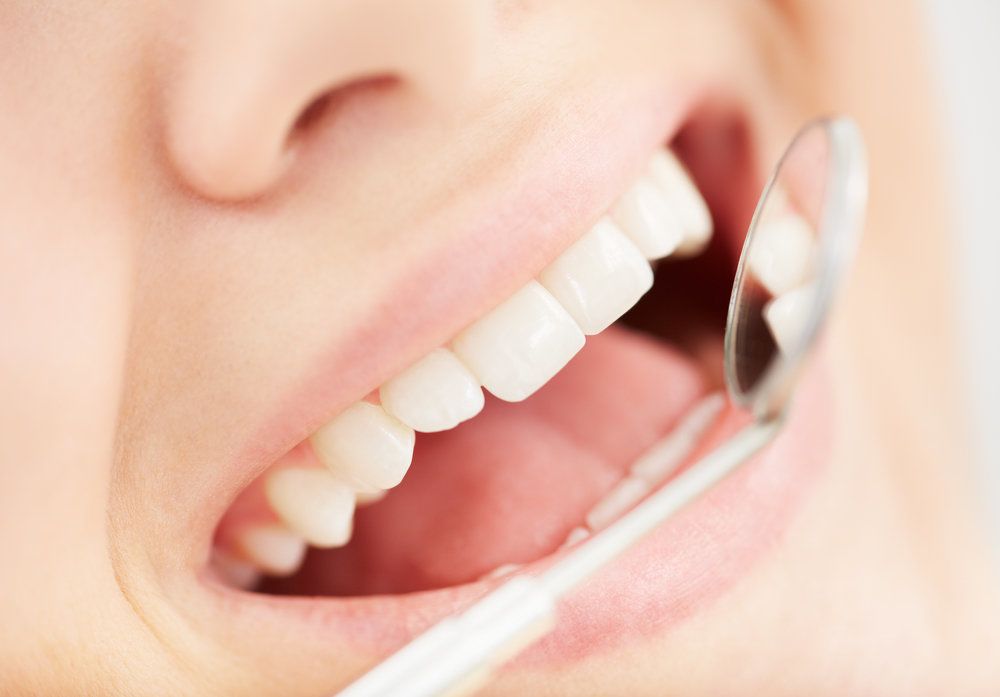Damaged Dental Crowns: What Should You Do?
 Dental crowns are tooth-colored coverings that protect teeth from further harm after they’ve suffered extensive decay, infected roots, fractures, or other issues. However, these restorations don’t typically last forever. They are vulnerable to many of the same kinds of wear and tear as normal teeth, so they may become cracked, warped, or eroded over time. Compromised crowns can cause discomfort, make chewing more challenging, and allow harmful bacteria to infect the remaining tooth structure beneath it. Dr. James M. Stein and our team can help diagnose, repair, and replace damaged dental crowns at our Boston practice. In the following blog post, we explain the symptoms and treatment options for damaged dental crowns so you can spot potential problems and enjoy a healthy, beautiful smile.
Dental crowns are tooth-colored coverings that protect teeth from further harm after they’ve suffered extensive decay, infected roots, fractures, or other issues. However, these restorations don’t typically last forever. They are vulnerable to many of the same kinds of wear and tear as normal teeth, so they may become cracked, warped, or eroded over time. Compromised crowns can cause discomfort, make chewing more challenging, and allow harmful bacteria to infect the remaining tooth structure beneath it. Dr. James M. Stein and our team can help diagnose, repair, and replace damaged dental crowns at our Boston practice. In the following blog post, we explain the symptoms and treatment options for damaged dental crowns so you can spot potential problems and enjoy a healthy, beautiful smile.
Signs of a Damaged Dental Crown
In some cases, the harm to your restoration may be plainly obvious, but often, the symptoms of a failing dental crown are much subtler. You may have a damaged dental crown if:
- Your capped tooth suddenly feels different when your tongue touches it.
- You experience more difficulty chewing in the region of your crown.
- You can see a hole in the chewing surface or side of your crown.
- Your tooth becomes more sensitive to heat, cold, or pressure.
- You feel a sharp pain or irritation around the gum line of your crown. This would occur if it has been dislodged, and could also cause bleeding.
- Your crowned tooth aches.
- You notice a foul taste or smell in the area of the restoration.
- Your crown appears to be in a different position.
- Your restoration looks darker or discolored.
- You have recently suffered a traumatic facial or oral injury.
- Your crown is 10 to 15 years old. Crowns typically must be replaced after this period of time (although they may last longer with proper care).
If you experience any of the above, contact our office for an appointment. Damaged dental crowns should be treated as soon as possible to avoid compromising the tooth beneath the restoration or causing gum tissue damage.
Repairing Your Restoration
Depending on the particular circumstances, Dr. Stein may be able to simply repair your damaged crown. For example, if your restoration is chipped or has only a partial crack, we may smooth its surface and use bonding material to reseal it. You will need to monitor your crown with extra caution, but it should still function properly for years.
Replacing Your Dental Crown
Unfortunately, if the damage to your dental crown runs all the way from its outer surface to the tooth, Dr. Stein will need to replace it. We may also suggest placing a new restoration if your crown is severely dislodged, has one or more holes, or becomes uncomfortable. Should you require this treatment, Dr. Stein will remove your damaged crown and assess the underlying tooth for decay or infection so we can remedy this as needed. Next, we will take an impression of your tooth to create a model of it, which we will input into our CAD (computer-assisted design) system. Then our CAM (computer-assisted milling) machine will sculpt your customized crown from a block of ceramic. Finally, Dr. Stein will place the new crown over your tooth to complete the process. Our advanced technology allows us to replace damaged dental crowns in just one appointment.
Keep Your Crowns Attractive, Healthy, and Intact
Dr. Stein and our team can provide, repair, and replace dental crowns to help you reclaim your smile. If you suspect you may have a damaged restoration or have any questions about dental crowns, please do not hesitate to contact our dental practice today.







